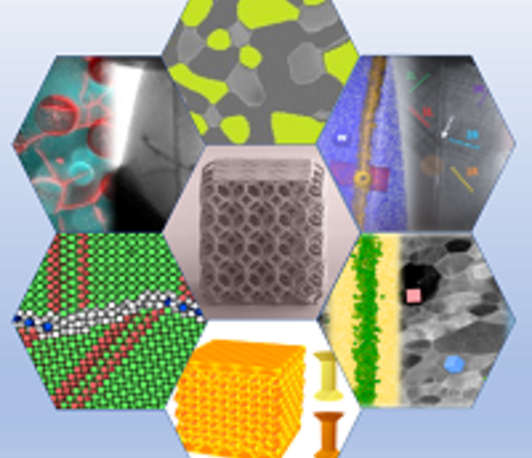Uncovering the Mechanisms that Lead to Bone Fragility as the Disease Progresses in a Type-2 Zucker Diabetic Fatty (ZDF) Rat
- Date: Jul 31, 2023
- Time: 11:00 AM - 12:00 PM (Local Time Germany)
- Speaker: Ms. Genna Monahan
- Finishing Ph.D. candidate at the University of Galway, Ireland
- Location: Max-Planck-Institut für Eisenforschung GmbH
- Room: Large Conference Room No. 203
- Host: on invitation of Dr. Rajaprakash Ramachandramoorthy and Prof. Gerhard Dehm

Type-2 Diabetes (T2D)
is associated with a 3-fold increase in bone fracture risk, even though bone
mineral density is not reduced. This implies that T2D impairs bone quality,
whereby the intrinsic material properties of the bone matrix are altered.
However, current diagnostic techniques are unable to predict fracture
probability in T2D as they are based on measures of bone quantity. It is
believed that abnormal crosslinks between proteins in the organic bone matrix,
that form due to the high-level of glucose in the blood (known as Advanced
Glycated End-Products (AGEs)), are responsible for bone fragility in T2D. Yet,
there has still been no clear causal relationship established between AGEs and
bone fragility in T2Ds. This project is a multiscale experimental framework
which aims to uncover the mechanisms leading to an increased risk of fracture
using an animal model of T2D and assessing them at different stages of the
disease such as short-term (12-weeks), established (26-weeks) and long-term
(46-weeks) T2D. Throughout this project a variety of structural, composition
and mechanical analysis was carried out to explore the factors that contribute
to bone fragility.